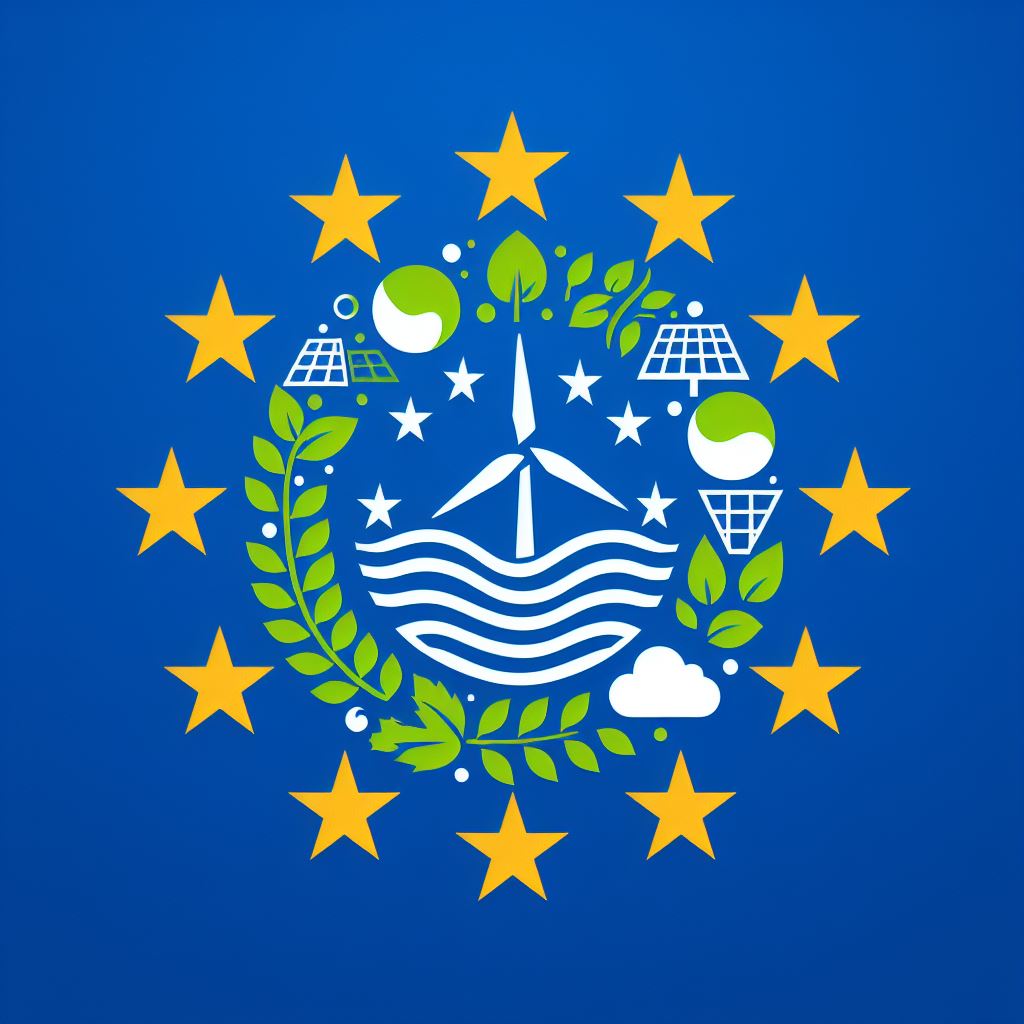New EU Law Empowers Consumers to Combat Greenwashing by 2026
| By Linyi Zheng |
The European Parliament approved the new Directive on Empowering Consumers for the Green Transition (ECGT) on January 17th. This law aims to protect consumers from misleading marketing practices and aid them in making better purchasing decisions by prohibiting deceptive environmental claims on products and improving labeling standards. The Parliament stated that the EU will add to the list of prohibited commercial practices to combat greenwashing and the premature retirement of goods.
A Mandate for Accuracy in Advertising
According to the new directive, advertising and packaging are not allowed to use terms like “environmentally friendly,” “biodegradable,” or “climate neutral” without providing evidence. The directive also aims to regulate the use of sustainable labels to avoid confusion and will require official certification procedures or public bodies to issue sustainability labels.
Furthermore, it is against the law to make claims that a product has a positive impact on the environment by using “climate-neutral,” “emissions-reducing,” or “climate-positive” statements due to CO2 emission offsetting programs. While companies are allowed to advertise their investments in climate protection programs, they cannot mislead consumers by making them think that a product is good simply because the company planted trees somewhere.
New Legislation, New Protections
Another key aim of the new legislation is to encourage both producers and consumers to prioritize the longevity of products. To achieve this, warranty details must be more prominent, and a standardized label will be introduced to highlight items with longer guarantees. The regulations will further prohibit misleading claims about durability (such as asserting that a washing machine will withstand 5,000 washes when this is not realistic), advising early replacement of consumables (such as printer ink), and promoting non-repairable products as repairable.
The passing of the directive marks the end of protracted negotiations between EU institutions and member states aimed at establishing a regulatory framework for environmental claims. The new rules will come into effect after member states adopt the provisions of the directive in two years.
 Previous post
Microsoft Hacked by Russian State-Sponsored Group
Previous post
Microsoft Hacked by Russian State-Sponsored Group


